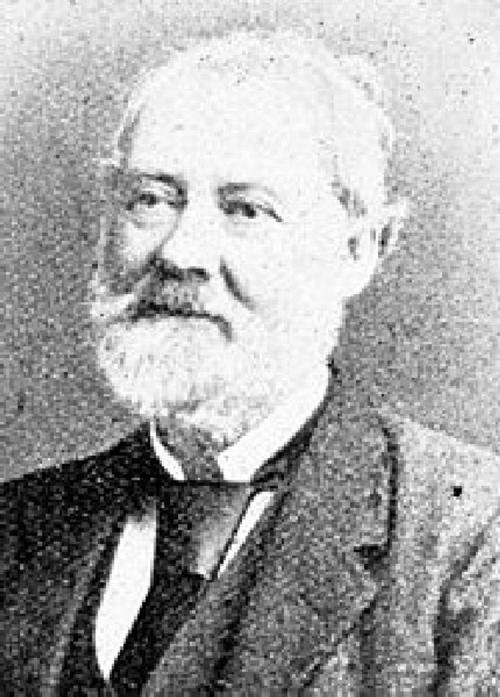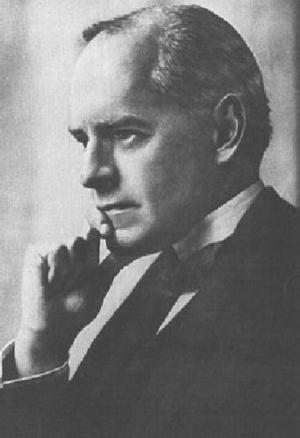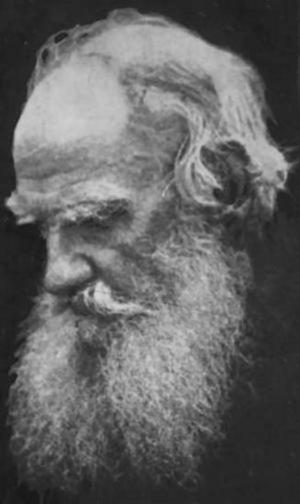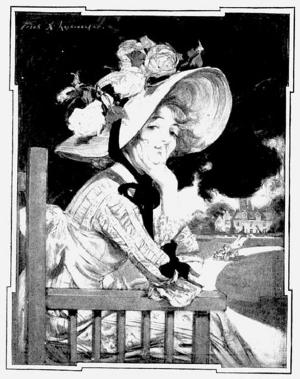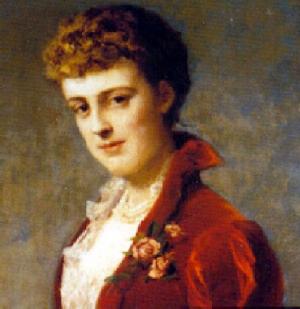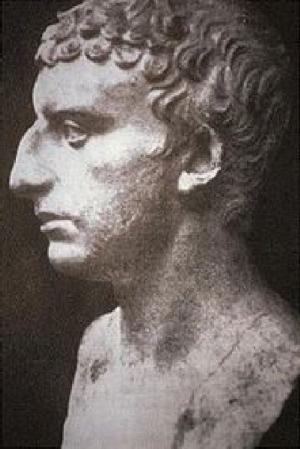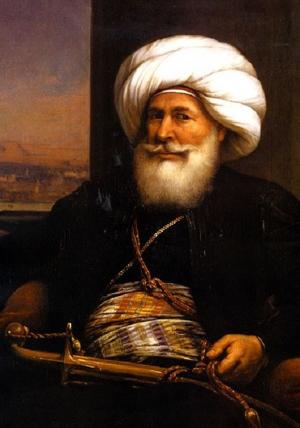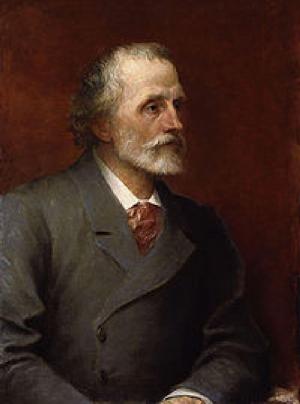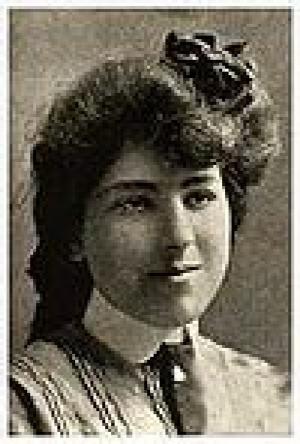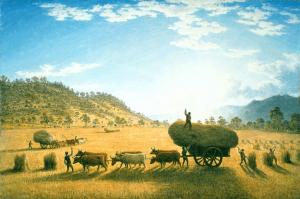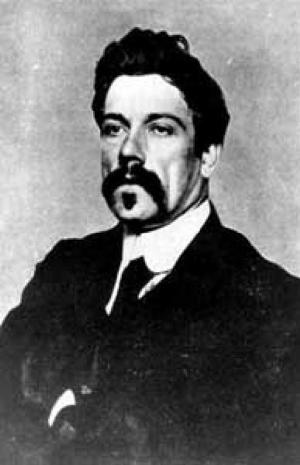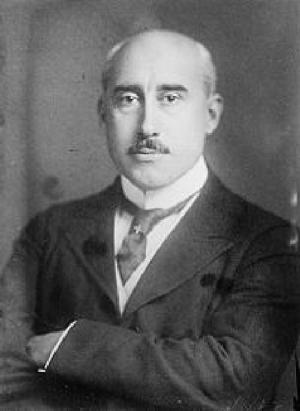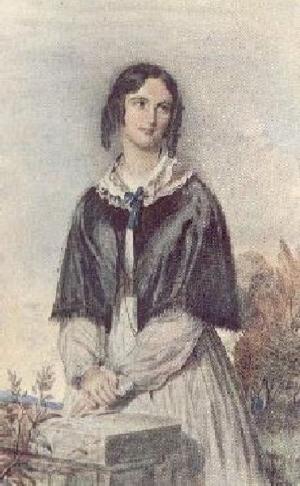| Author: | Charles Reade | ISBN: | 9781455356324 |
| Publisher: | B&R Samizdat Express | Publication: | December 15, 2009 |
| Imprint: | Language: | English |
| Author: | Charles Reade |
| ISBN: | 9781455356324 |
| Publisher: | B&R Samizdat Express |
| Publication: | December 15, 2009 |
| Imprint: | |
| Language: | English |
Classic novel. According to Wikipedia: "Charles Reade (June 8, 1814 - April 11, 1884) was an English novelist and dramatist, best known for The Cloister and the Hearth. He began his literary career as a dramatist, and it was his own wish that the word "dramatist" should stand-first in the description of his occupations on his tombstone. As an author, he always had an eye to stage-effect in scene and situation as well as in dialogue. ... He made his name as a novelist in 1856, when he produced It's Never Too Late to Mend, a novel written with the purpose of reforming abuses in prison discipline and the treatment of criminals. The truth of some details was challenged, and Reade defended himself vigorously. Five minor novels followed in quick succession: The Course of True Love never did run Smooth (1857), Jack of all Trades (1858), The Autobiography of a Thief (1858), Love Me Little, Love Me Long (1859), and White Lies (1860), dramatized as The Double Marriage (1867).... In 1861 Reade produced what would become his most famous work, The Cloister and the Hearth. The story relates the adventures of the father of Erasmus, a subject he had dealt with two years before in a short story in Once a Week. It became recognised as one of the most successful historical novels. Returning from the 15th century to modern English life, he next produced Hard Cash (1863), in which he drew attention to the abuses of private lunatic asylums. Three more such novels, followed: Foul Play (1869), in which he exposed the iniquities of ship-knackers, and paved the way for the labours of Samuel Plimsoll; Put Yourself in his Place (1870), in which he dealt with trade unions; and A Woman-Hater (1877), in which he continued his commentary on trade unions while also tackling the topic of women doctors. The Wandering Heir (1875), of which he also wrote a version for the stage, was suggested by the Tichborne Case.... Reade also produced three elaborate studies of character: Griffith Gaunt (1866), A Terrible Temptation (1871), A Simpleton (1873). The first of these was in his own opinion his best novel."
Classic novel. According to Wikipedia: "Charles Reade (June 8, 1814 - April 11, 1884) was an English novelist and dramatist, best known for The Cloister and the Hearth. He began his literary career as a dramatist, and it was his own wish that the word "dramatist" should stand-first in the description of his occupations on his tombstone. As an author, he always had an eye to stage-effect in scene and situation as well as in dialogue. ... He made his name as a novelist in 1856, when he produced It's Never Too Late to Mend, a novel written with the purpose of reforming abuses in prison discipline and the treatment of criminals. The truth of some details was challenged, and Reade defended himself vigorously. Five minor novels followed in quick succession: The Course of True Love never did run Smooth (1857), Jack of all Trades (1858), The Autobiography of a Thief (1858), Love Me Little, Love Me Long (1859), and White Lies (1860), dramatized as The Double Marriage (1867).... In 1861 Reade produced what would become his most famous work, The Cloister and the Hearth. The story relates the adventures of the father of Erasmus, a subject he had dealt with two years before in a short story in Once a Week. It became recognised as one of the most successful historical novels. Returning from the 15th century to modern English life, he next produced Hard Cash (1863), in which he drew attention to the abuses of private lunatic asylums. Three more such novels, followed: Foul Play (1869), in which he exposed the iniquities of ship-knackers, and paved the way for the labours of Samuel Plimsoll; Put Yourself in his Place (1870), in which he dealt with trade unions; and A Woman-Hater (1877), in which he continued his commentary on trade unions while also tackling the topic of women doctors. The Wandering Heir (1875), of which he also wrote a version for the stage, was suggested by the Tichborne Case.... Reade also produced three elaborate studies of character: Griffith Gaunt (1866), A Terrible Temptation (1871), A Simpleton (1873). The first of these was in his own opinion his best novel."
